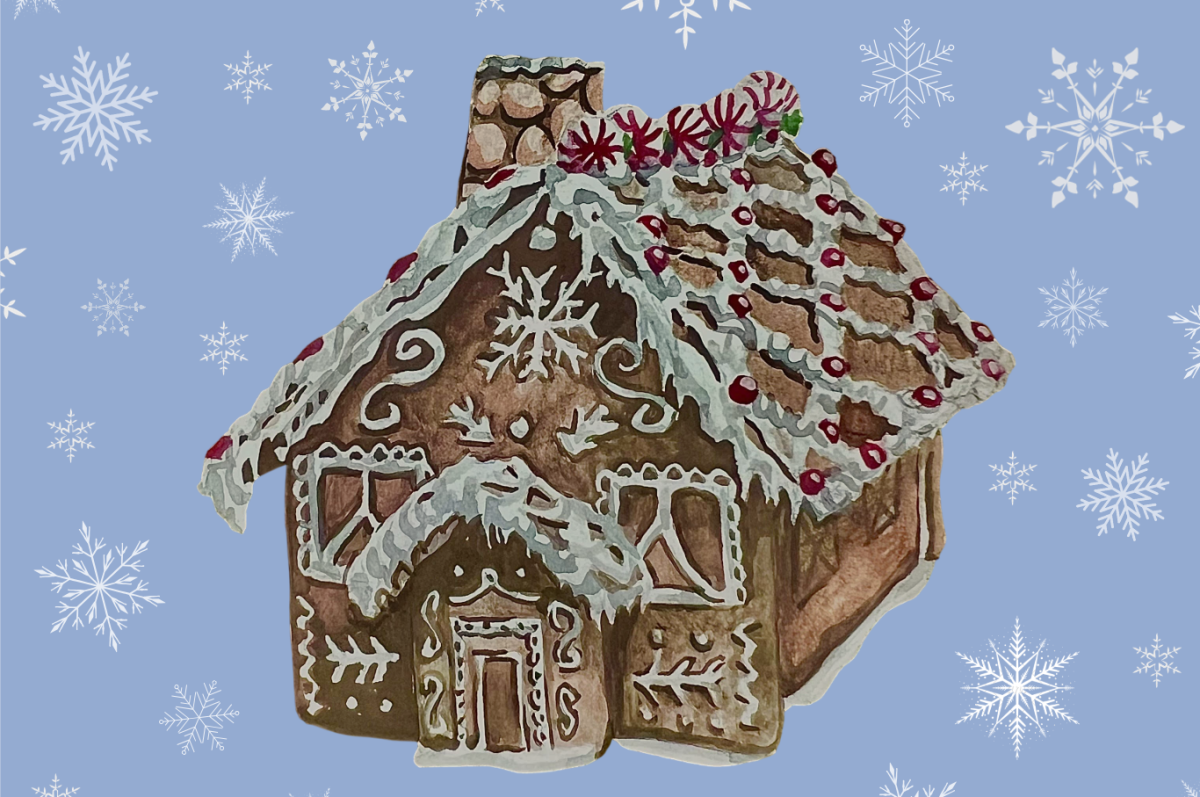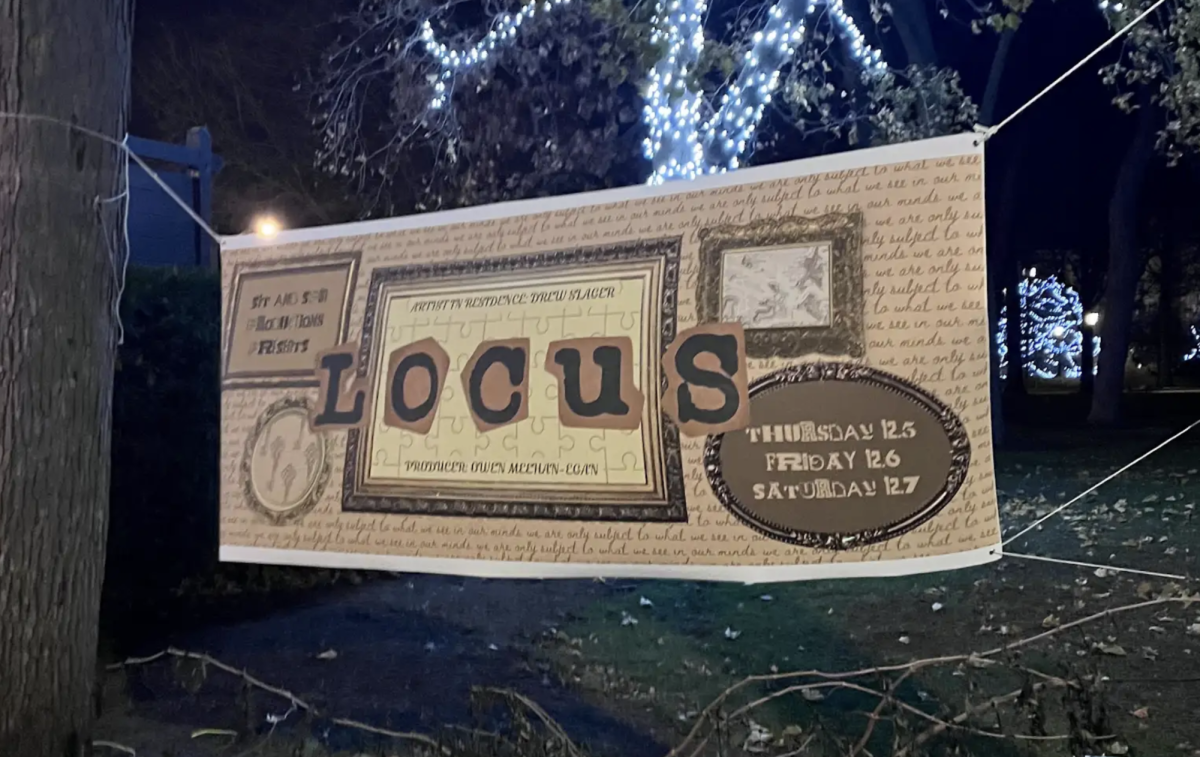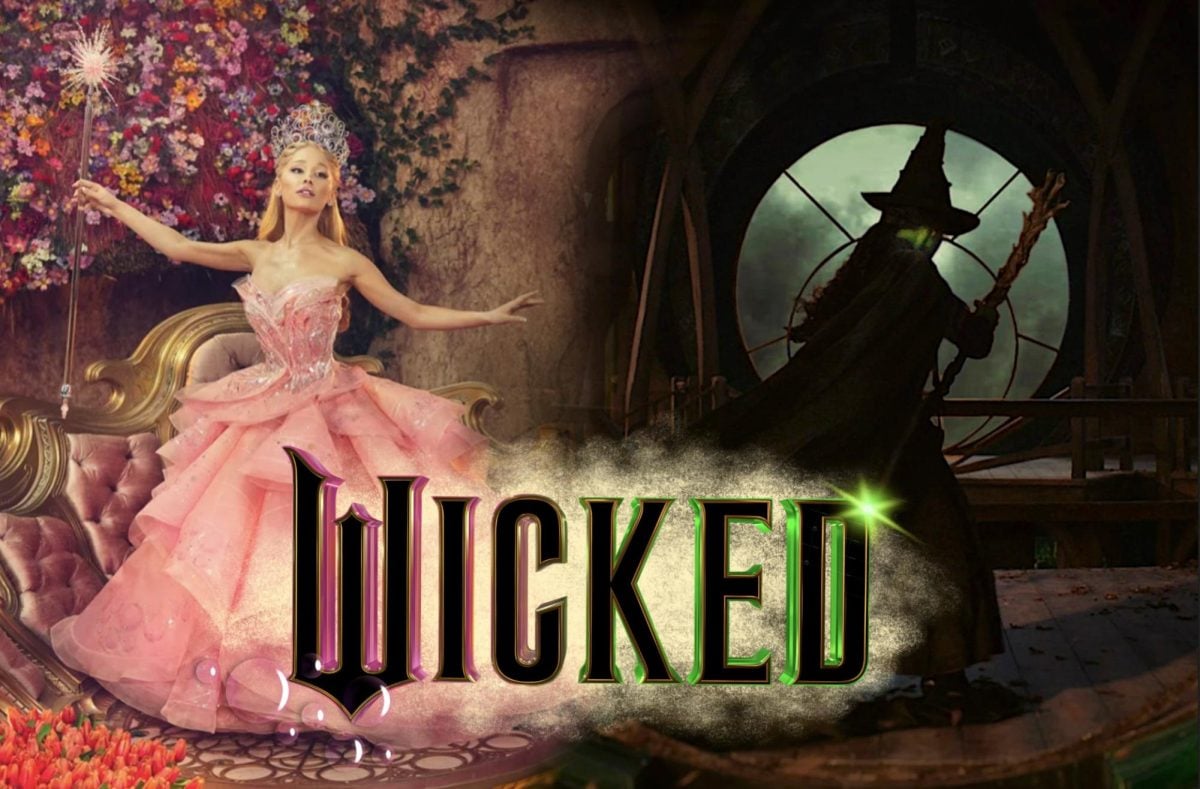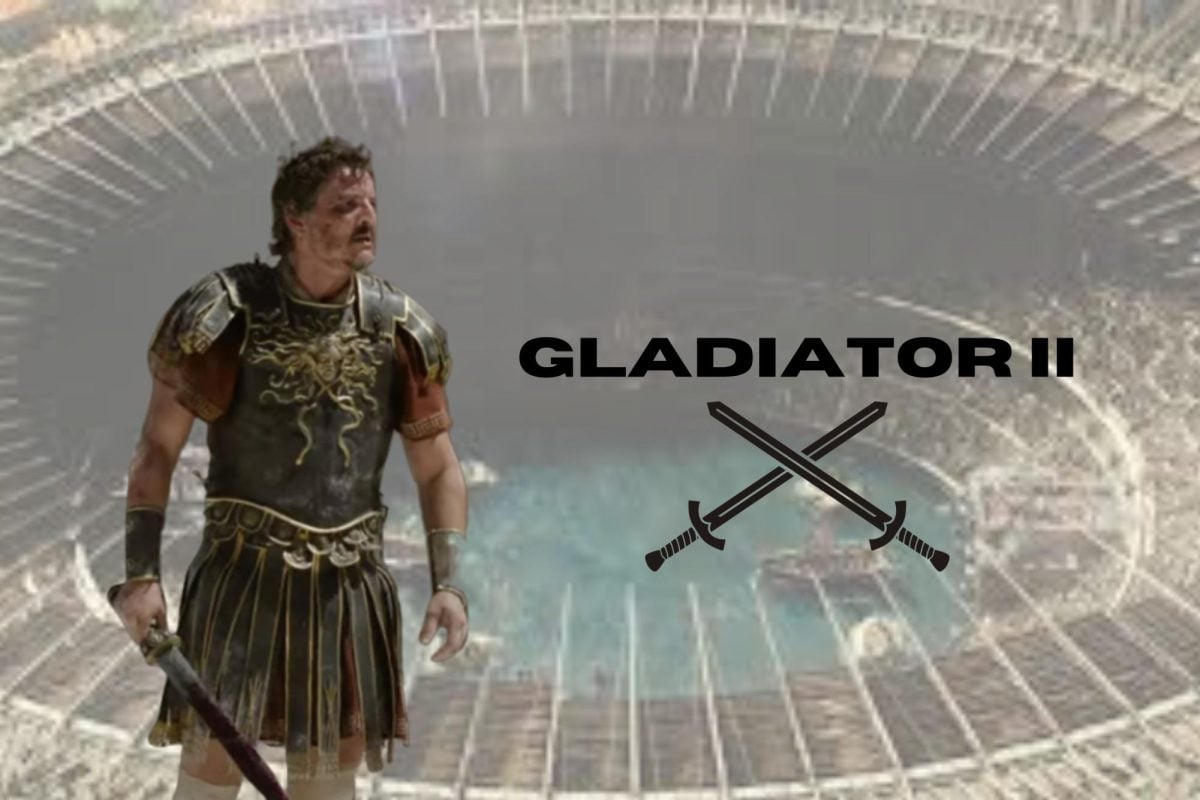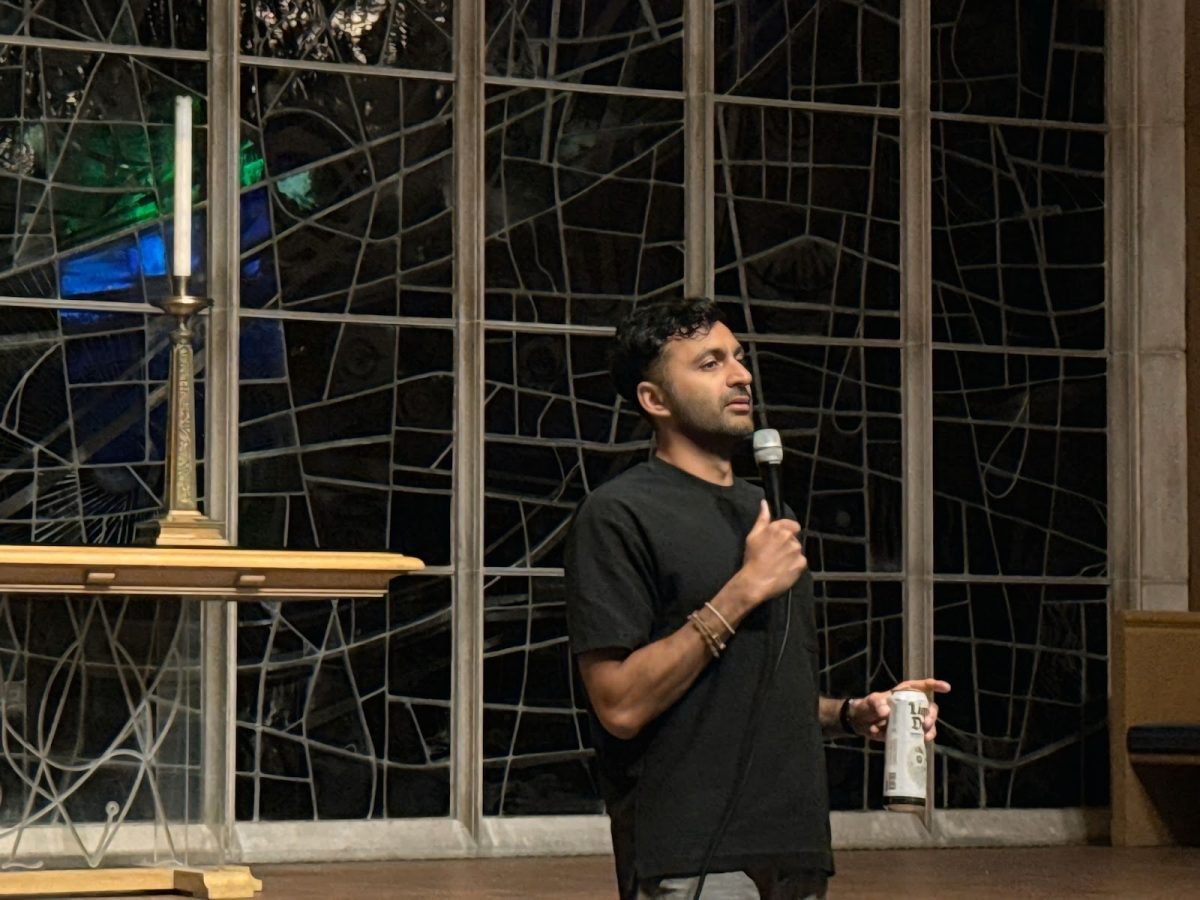There’s a good chance your favorite movie is an adaptation.
L. Frank Baum’s “The Wonderful Wizard of Oz” was adapted for the screen at least seven times before Judy Garland starred in Victor Fleming’s iconic 1939 adaptation. Jane Austen’s “Pride and Prejudice” has been adapted into film and remade at least 17 times, according to the University of Virginia — ranging from a 1940 movie, a 2004 Bollywood-style Musical (“Bride and Prejudice”) and a 2016 horror-comedy (“Pride and Prejudice and Zombies”).
This is all to say: When someone writes a good story, someone else will probably try to remake it. For stories like “The Wizard of Oz,” “Frankenstein,” and “Pride and Prejudice” — all well-established in the literary canon — it makes sense that so many artists want to bring their own interpretations to the table.
Rick Riordan’s “Percy Jackson and the Olympians,” a book series that started in 2005 with “The Lightning Thief,” is another work that’s seen multiple adaptations. Riordan criticized the 2010 movie: “Percy Jackson & the Olympians: The Lightning Thief.” He refused any involvement in its sequel.
Last December, though, Disney+ made a new attempt at adapting the series in the form of a streaming television show. This series, while not universally loved, has seen far more success among audiences and critics than the movie. According to Rotten Tomatoes, 92% of critics and 80% of audiences rated it positively. Riordan, who was involved in its production, has praised the series.
The success of the new Percy Jackson series stands out against a culture of “remake fatigue.” A 2019 study by betting website Casumo and SEO firm Verve Search aggregated IMDb and Metacritic scores to see whether viewers actually like all the remakes they’re seeing. They found that audiences really, really don’t.
Audiences preferred just 9% of remakes over the movies they were originally based on, and only 21% of remakes make more money than their original films. Disney — the host streamer of the new Percy Jackson series — has come under fire for its seemingly never-ending production of live-action remakes.
This isn’t to say remakes are always disliked. In some cases, the new iterations become more prominent than their originals.
The winner of the 2021 Academy Award for Best Picture, “CODA,” is an English-language remake of the French Belgian film “La Famille Bélier.” “The Departed,” another Best Picture winner, is a remake of the 2002 Hong Kong film “Infernal Affairs.” Neither “La Famille Bélier” nor “Infernal Affairs” were nominated for Academy Awards.
So, what makes one remake succeed where another fails? At the end of the day, a remake is successful if it offers its audience something they want. The 1939 “The Wizard of Oz,” while not the first color film, is the first version of Oz in color. It took audiences from the drab grays of everyday life into a Technicolor fantasy world. Now, it’s one of the most famous films around.
The Percy Jackson series offers fans of the books something they’ve been waiting for since the 2010 movie: a genuinely good Percy Jackson adaptation. The Disney remakes, while often profitable, have been criticized for losing the “magic” of the original animated movies — audiences criticized the 2020 remake of Mulan for losing its themes of gender conflict and personal growth, for example.
Remakes can work if they offer the audience something they’ve never seen before. One of my favorite shows, NBC’s “Hannibal,” is the fourth franchise to have adapted the character of Hannibal Lecter, who originated from Thomas Harris’ series of thrillers. It steps out of the shadows of the adaptations that came before it by pushing visual style and character dynamics to extremes; it’s a fresh perspective on iconic characters.
“Remake fatigue” or not, the process of innovation and derivation is baked into the creative process. Without generations of performances and adaptations of Shakespeare’s “The Taming of the Shrew,” we wouldn’t have its modernized retelling in the form of 1999’s “10 Things I Hate About You.” Without Jane Austen’s “Emma,” we wouldn’t end up with 1995’s “Clueless.”
“Percy Jackson and the Olympians” is, itself, the result of centuries of study, interpretation and storytelling of Greco-Roman mythology. The best remakes remind us that great art inspires great art.
Email: [email protected]
Twitter: @lilliannnali
Related Stories:
— Reel Thoughts: ‘Percy Jackson and the Olympians’ is proof that lightning never strikes twice

